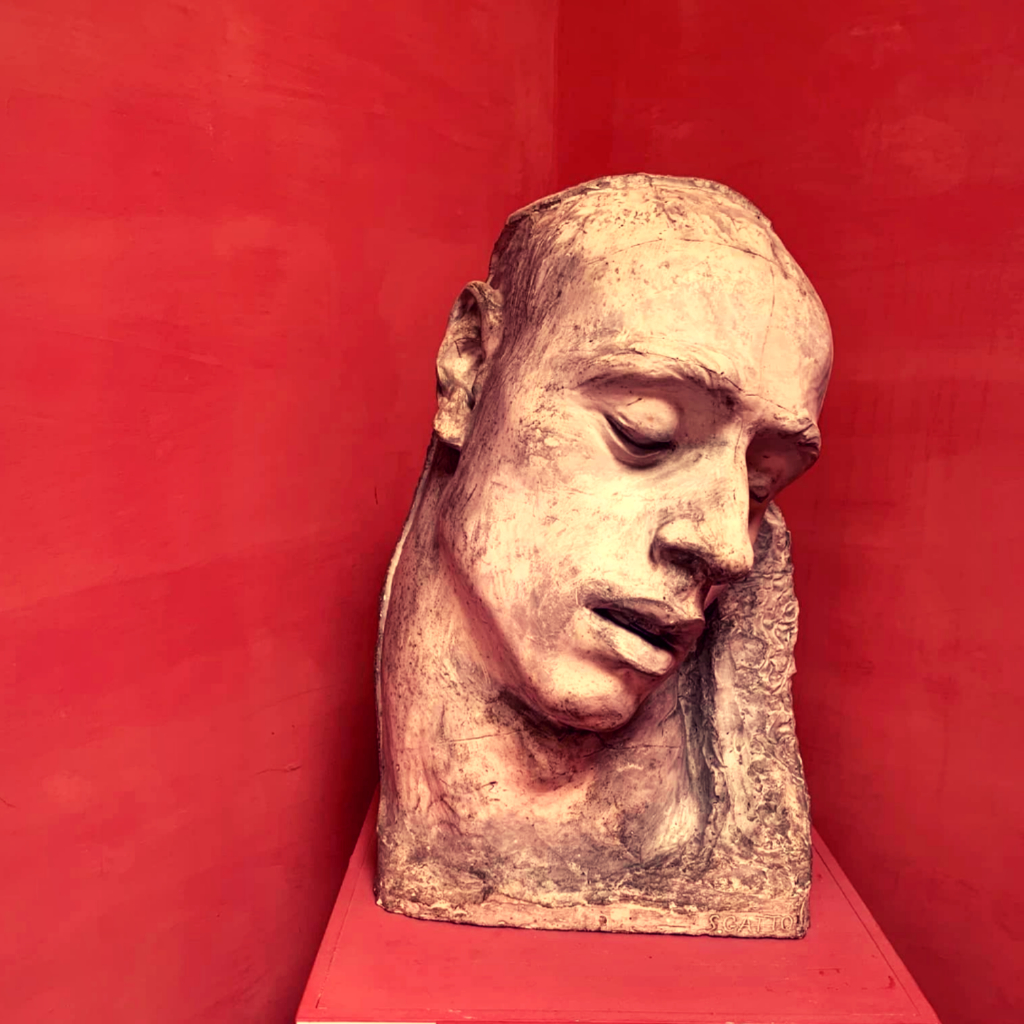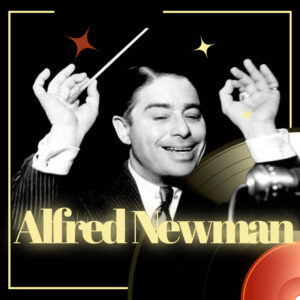
In 1946, Christa Ludwig made her debut in public. Thanks to a number of audio, DVD, and video recordings—some of which were in private hands and later released—it is thankfully possible to hear the extent to which she molded not just the German classical music scene as a sought-after mezzo-soprano. This primarily relates to her operatic singing career, which spanned from the late 1950s to her final performance as Klytemnestra in Strauss' Elektra at the Vienna State Opera at the end of 1994. During that time, she was an indispensable principal artist for nearly forty years, covering more than forty singing roles (out of her total of seventy) in nearly eight hundred performances.
Today is the birthday of greatest mezzo ever, Christa Ludwig!
In honor of this memorable and significant date, we present a short excerpt from a large interview of Christa Ludwig to the Italian magazine “Musica” in 2011.
About Mahler Mahler’s music was banned during the Nazi period. It was considered, like that of many other composers, “Entartete Musik”. I was a child at the time and so I couldn’t have heard his music. My parents, both singers, kept a Mahler score in the library hidden behind the first row of books. I remember too that in a poetry book were printed works by Heine, whose texts had been burnt, but with the credit “anonymous”. After the end of the war I started to listen to his lieder and loved them immediately. The first time that I sang Das Lied von der Erde was in 1954 in Hannover: I didn’t understand what this masterwork was, I didn’t know its significance; I was very young and sung by instinct. When I recorded it for the first time with Otto Klemperer and Fritz Wunderlich [EMI, 1967], Klemperer asked me, “Do you know what the last Lied, Der Abschied, means?” I replied, “It’s beautiful music.” He was scandalised, “No! It’s a funeral march!”
Klemperer, Karajan and Bernstein Klemperer was very witty, even if he’s usually pictured as a severe man. Because of a paralysis that struck him down in 1939 after an operation for a brain tumour, he couldn’t speak clearly and his facial expression was slightly comic. It wasn’t difficult working with him, whatever he was conducting Fidelio, Mahler or the Beethoven symphonies, his tempo was always right and he knew how to allow singers to breathe. Bernstein, however, didn’t understand voices perfectly, and I had to tell him where to slow down and where I needed to breathe. Karajan was always mindful of breathing, and breathed together with the singers; he supported the sung line like no other. This talent probably was developed working as a repetiteur in Ulm. To tell the truth, I worked well with all of them: with Karajan, Kleiber, Klemperer, Solti, Neumann… I was the chou chou of all the conductors I’ve sung with.
With Bernstein it was true love, I must confess. Once I was singing the Marschallin in Der Rosenkavalier at the Met, and he was conducting. When I came on stage in the last act I had on a beautiful costume and was illuminated by the spotlights… he stopped the orchestra and said, “Hello my Marschallin. Will you marry me?” When singing with Lenny there seemed to be an electric current coming from the orchestra, the conductor and the singers on the stage which went out into the public, forming a circle in which love, sensuality and eroticism became mixed. Bernstein didn’t just conduct the music but he seemed to live it physically as though he was composing it at that moment.



